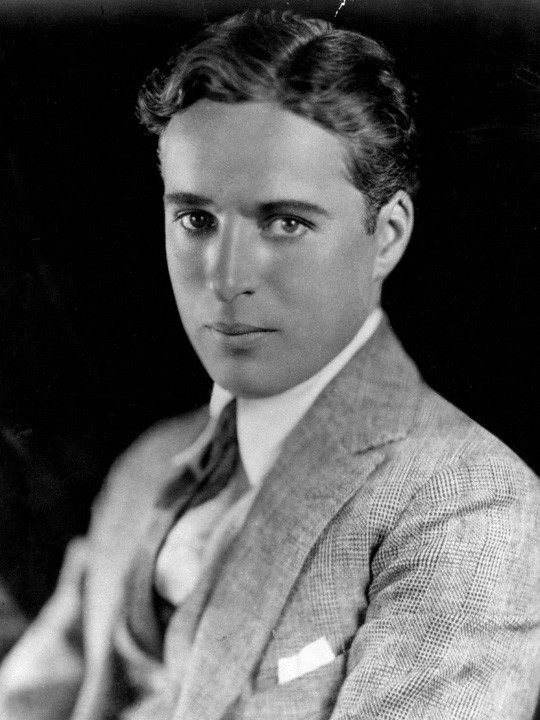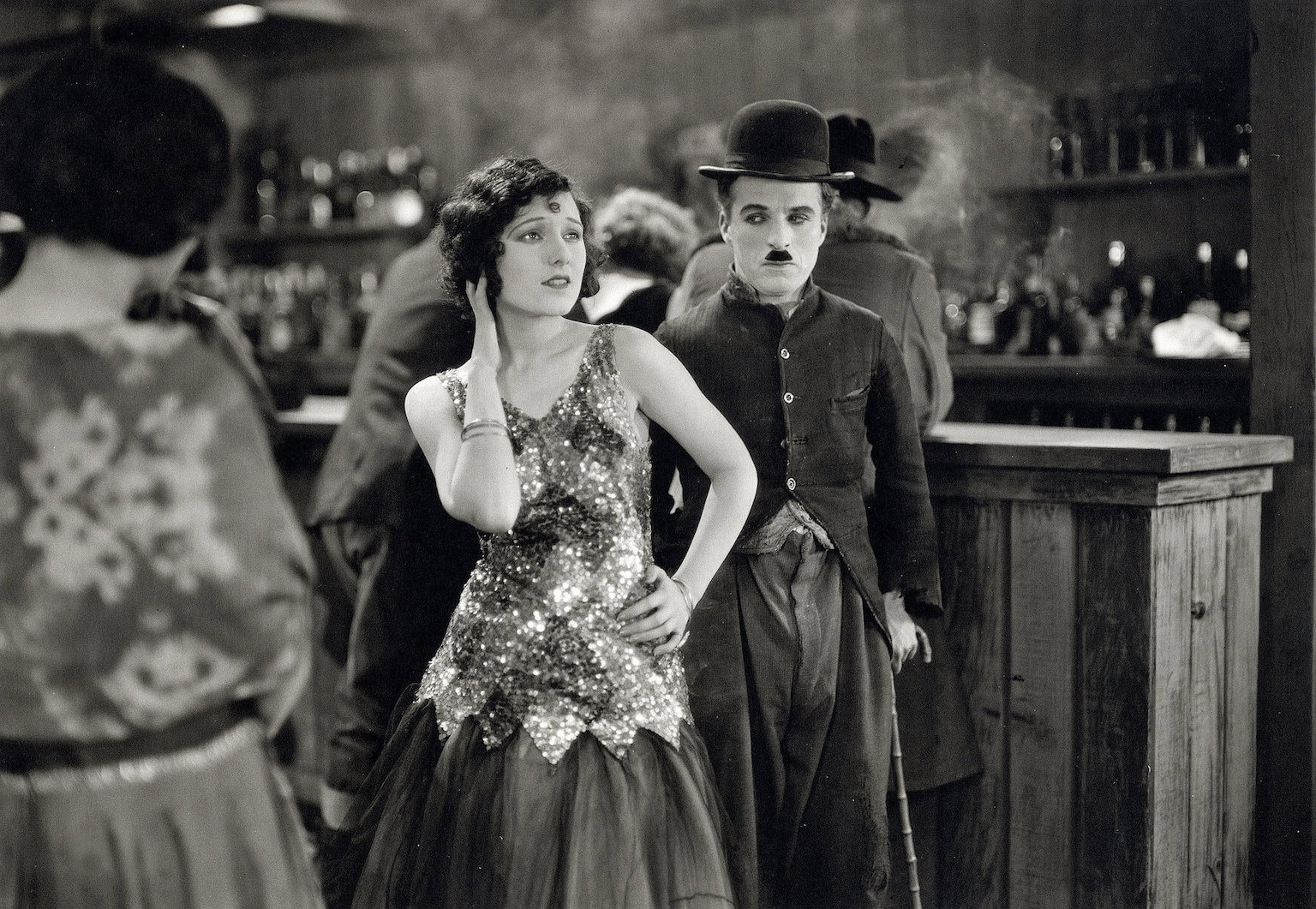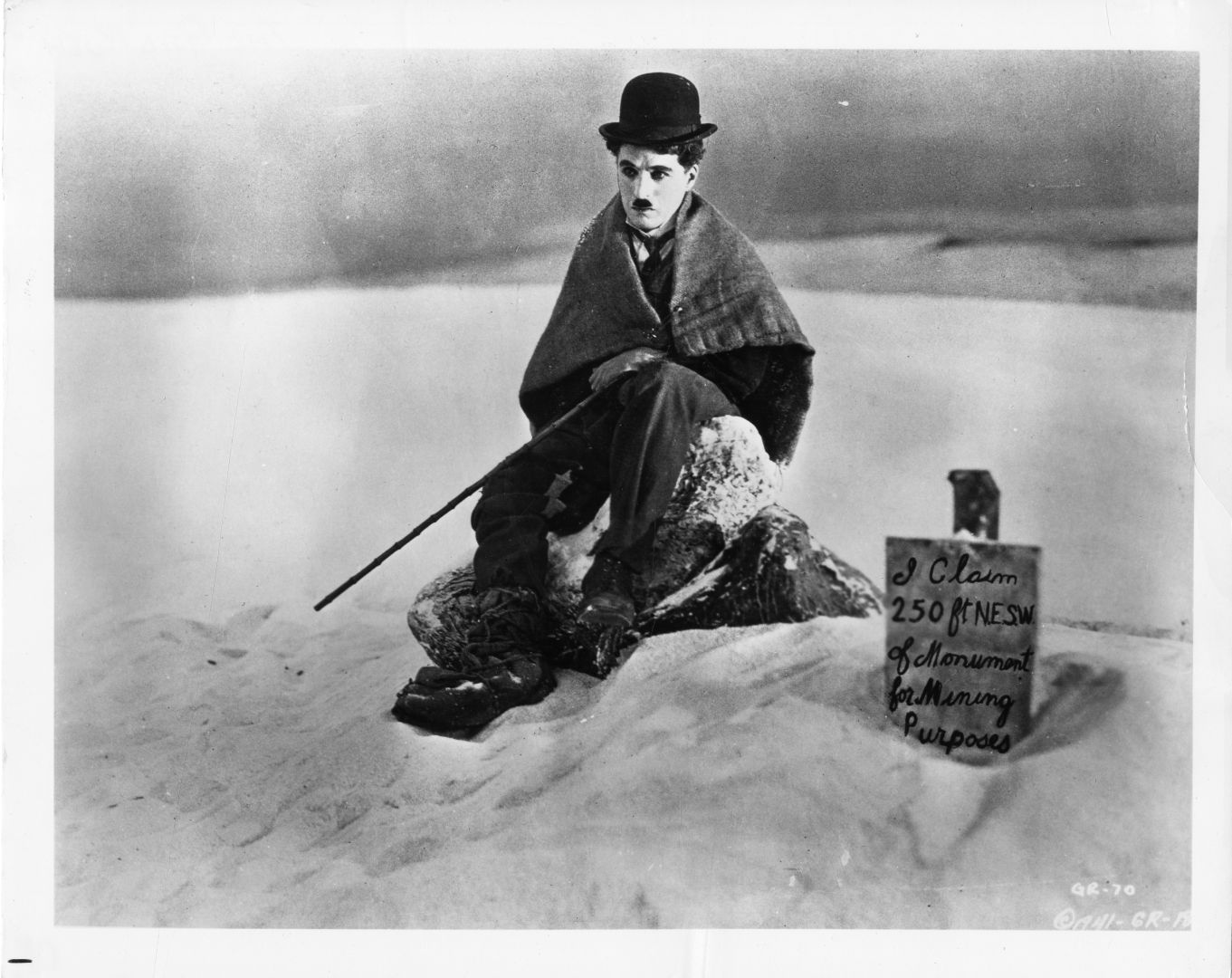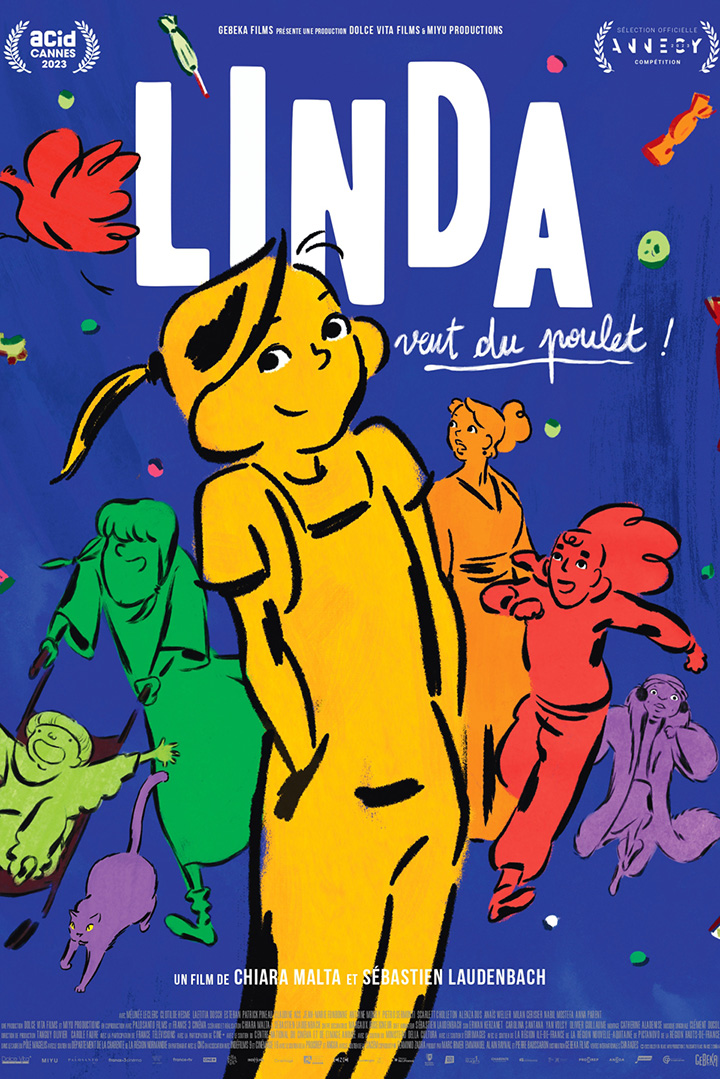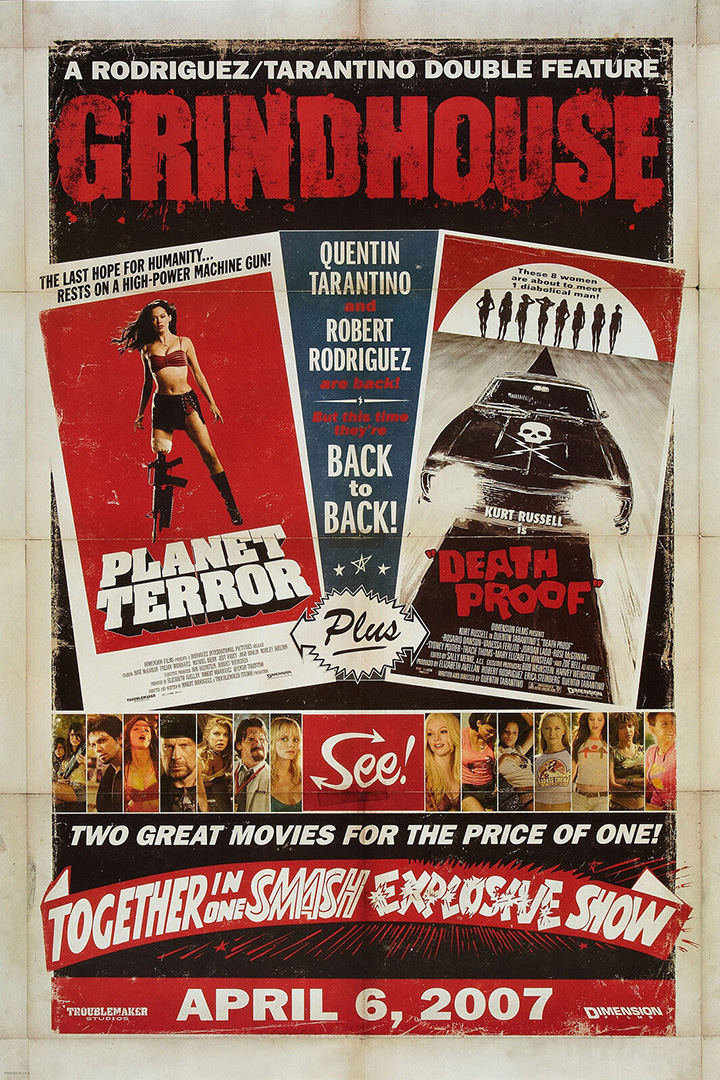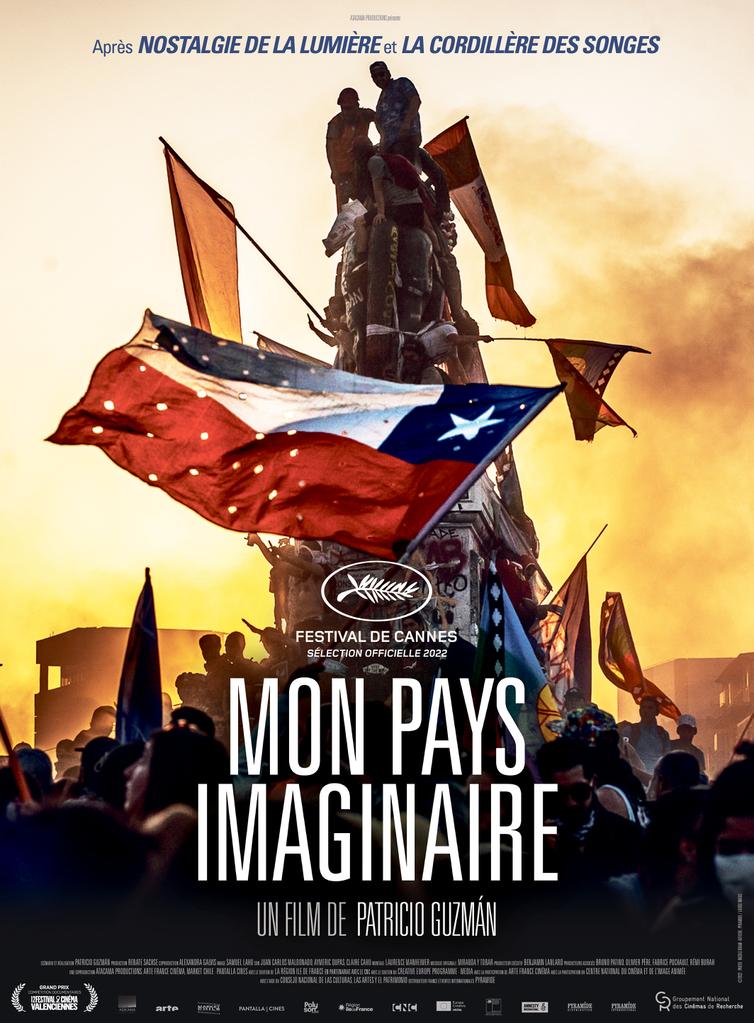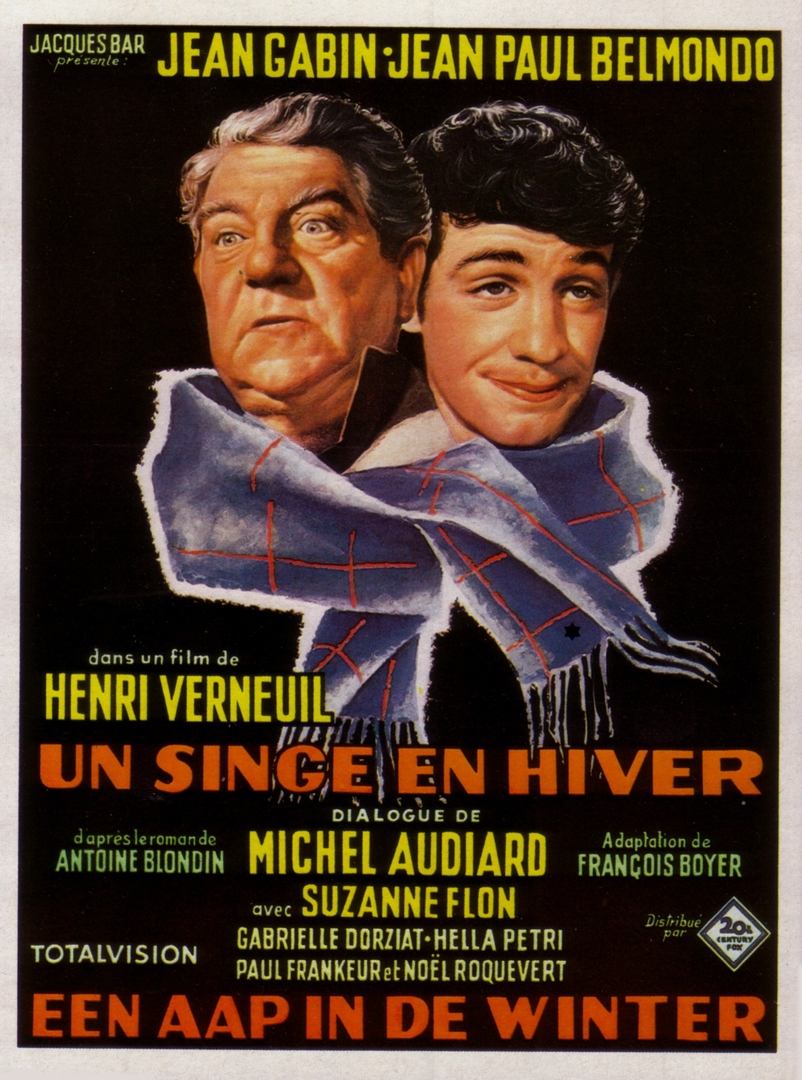The Gold Rush
Making lists is an activity moviegoers are fond of. Every year, the same ritual: compilation of the ten best films, with comparative analyses, debates, heated discussions. But what about the ultimate list of the most outstanding films in the history of cinema? That is to say, those films that must be seen, those that have forever transformed the art of cinema, but also our way of seeing a culture, of understanding the world as well as our own lives? This program aims to tackle this challenge with nearly eighty films, produced between 1916 and 1960, while waiting for your lists!
Klondike, end of the 19th century. Adventurers set out in search of gold in the snowy mountains. Among them, a small man wearing a hat and carrying a cane takes refuge one day in a lost cabin where he meets two other gold seekers. Returning to the city empty-handed, the little man meets Georgia and falls in love with her.
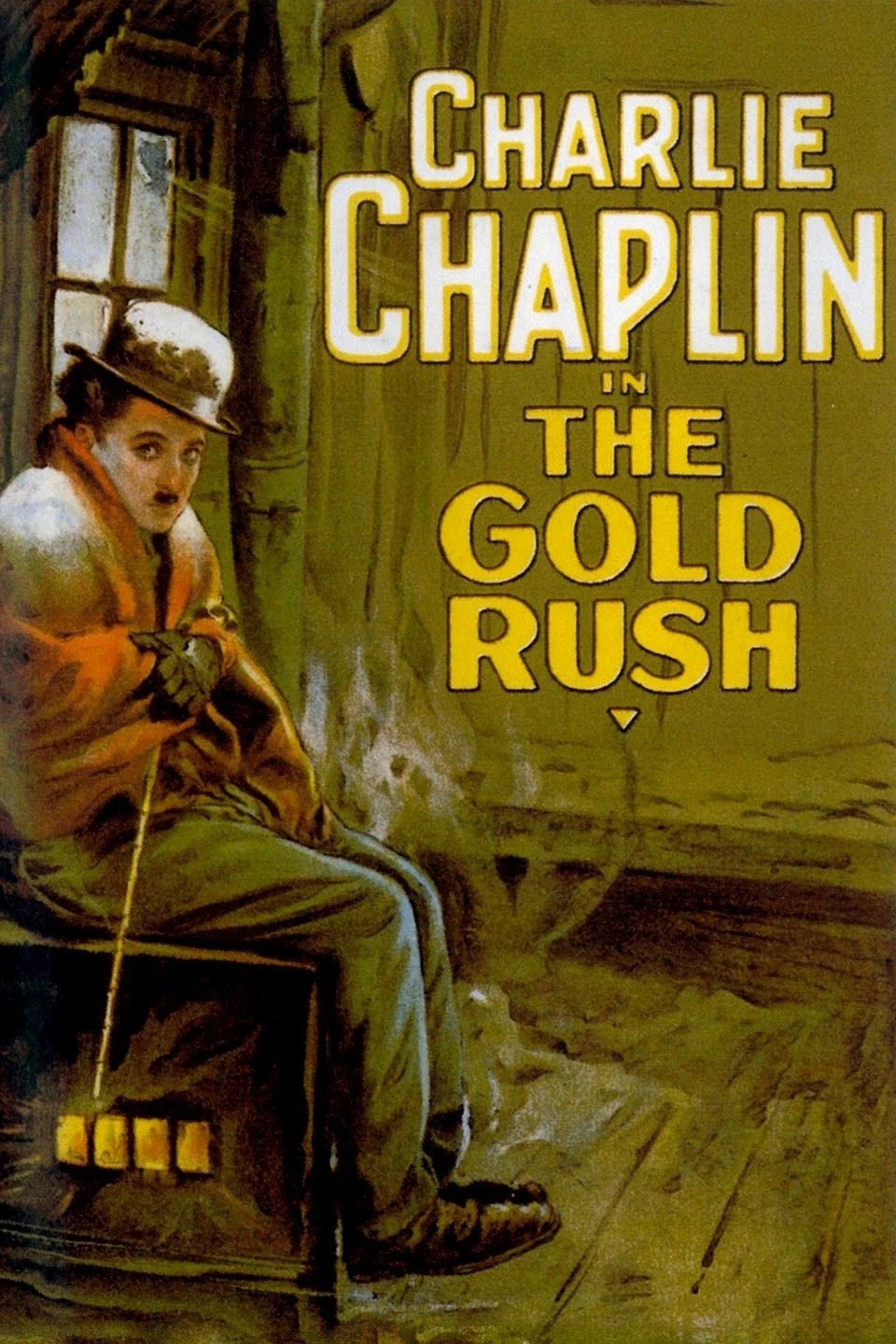
Charlie Chaplin
Born Charles Spencer Chaplin in a poor district of London in 1889, Charlie Chaplin climbed the boards of music halls at a very young age before joining Fred Karno's theater company, with which he left for the United States. He began acting in films in 1914, where his burlesque genius and his vagabond character soon became very successful. Chaplin directed his own films and co-founded the company United Artists in 1919 to be fully in control of his projects. He then went from short to feature films, multiplying masterpieces and successes, from The Kid in 1921 to The Great Dictator in 1940. After an interruption of a few years, he resumed his career as a filmmaker but abandoned the character of a vagabond who made his success. His political stance attracted attacks and trouble in the McCarthyism context of the time, forcing him to take refuge in Europe, where he made his last two films.
